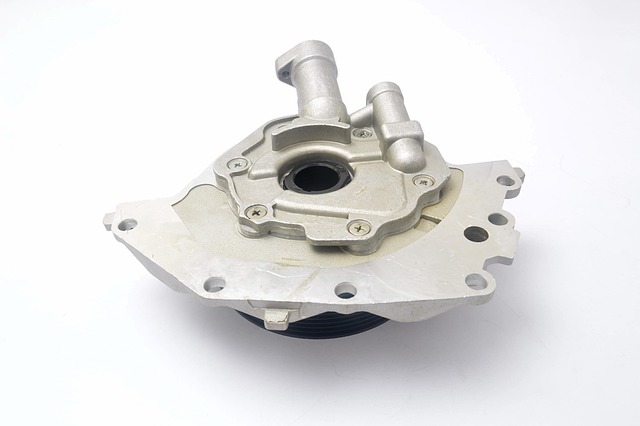Rental car insurance coverage policies protect against damage or loss, offering various plans with differing levels of protection. Standard policies include liability and collision waivers, covering minor repairs. Exclusions like high-risk activities, negligence, and specific vehicle types are common. Optional add-ons like personal accident and loss of use insurance provide extra comprehensive defense. Evaluating risk profile and driving history can help choose suitable coverages, reducing costs with higher deductibles for specific services.
When renting a vehicle, understanding your rental car insurance coverage is crucial. This guide aims to equip you with essential knowledge about rental car insurance policies, helping you navigate common exclusions and limitations. We’ll delve into what coverages enhance your protection and provide tips to ensure you’re adequately insured while on the road. By the end, you’ll be equipped to make informed decisions regarding your rental car insurance choices.
- Understanding Rental Car Insurance Coverage Policies
- Common Exclusions and Limitations
- Enhancing Your Protection: Add-on Coverages and Tips
Understanding Rental Car Insurance Coverage Policies

Rental car insurance coverage policies can seem complex, but understanding them is crucial for making informed decisions while renting a vehicle. These policies typically cover various aspects of damage or loss to the rental car, offering different levels of protection depending on the plan chosen. It’s essential to familiarize yourself with the terms and conditions to avoid unexpected costs.
When considering rental car insurance, keep in mind that standard policies often include liability coverage, which protects you against claims for damages caused to others’ property or injury, as well as collision damage waivers that eliminate or reduce your responsibility for any accidents. Some policies also extend to specific services like frame straightening and car bodywork repair, ensuring that minor dings and dents are taken care of without additional charges. By understanding these coverage options, you can choose the best plan tailored to your needs and budget, providing peace of mind during your rental period.
Common Exclusions and Limitations

When considering rental car insurance coverage, it’s important to be aware of common exclusions and limitations that could impact your experience. Many policies exclude high-risk activities such as off-road driving, racing, or drag races. They also often do not cover damage caused by negligence, intentional acts, or misuse of the vehicle. Some policies may not cover specific types of vehicles, like luxury cars or recreational vehicles, and may have restrictions on mileage and age.
Additionally, collision repair at an auto collision center is typically not covered under rental car insurance policies, as these plans are designed to protect the rental company’s assets. Instead, comprehensive or collision waivers must be purchased separately for such repairs. Understanding these exclusions beforehand can help manage expectations and ensure you’re adequately protected during your rental period.
Enhancing Your Protection: Add-on Coverages and Tips

Enhancing Your Protection: Add-on Coverages and Tips
When renting a car, it’s essential to understand that standard rental car insurance policies typically cover basic liability and collision damage waivers, but they might leave gaps in your protection. To ensure comprehensive coverage, consider adding optional add-ons tailored to your specific needs. One valuable add-on is personal accident insurance, which provides additional financial security in case of accidents involving injuries or death. Additionally, rental car insurance policies can offer options for loss of use, which compensates you if the rented vehicle is damaged and cannot be used during the rental period.
Remember that while these add-ons enhance your protection, they come at an extra cost. Evaluate your risk profile and previous driving history before deciding on additional coverages. Opting for higher deductibles can also reduce premiums. For instance, if you have a clean driving record, paying a slightly higher deductible for collision repair services might be a prudent choice, as it could save you money in the long run.
When selecting a rental car insurance policy, understanding the coverages, exclusions, and add-ons is key. By being aware of these aspects, you can make an informed decision that enhances your protection and ensures peace of mind while on the road. Always review the details carefully and consider personalized add-ons to fit your specific travel needs, ensuring a stress-free rental car experience.














